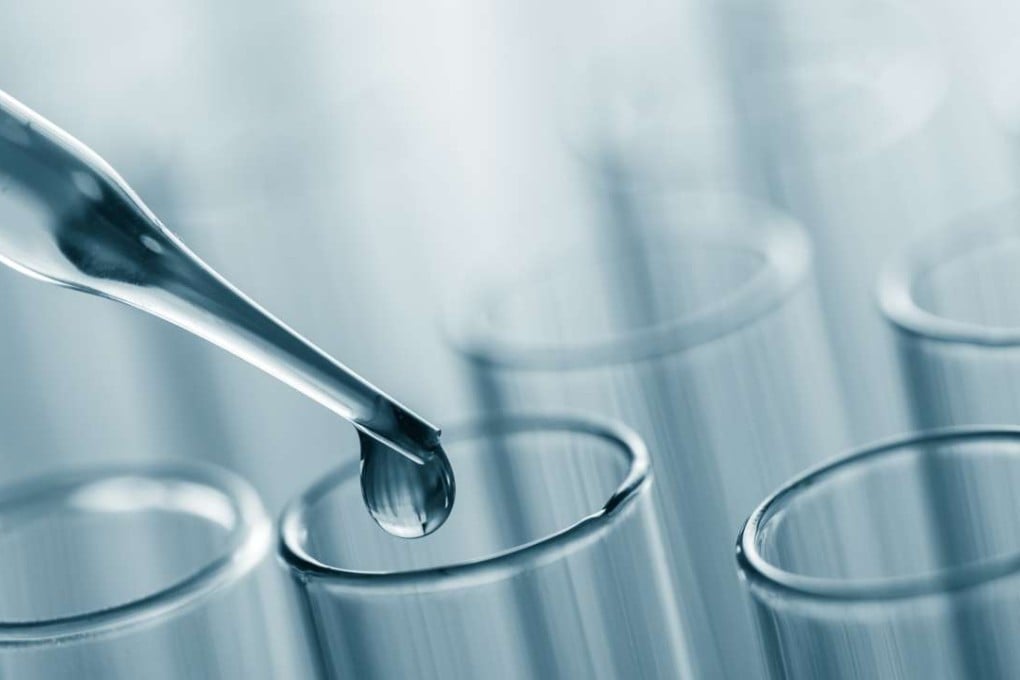Hong Kong faecal donor recruitment drive draws 10,000 applications to Asia Microbiota Bank
Samples can contribute to treatment of intestinal disease, but stringent tests mean few donors will eventually qualify

Hong Kong has received a “record” number of applications to donate faeces for the treatment of intestinal diseases, but a researcher says more scientific work is required to determine the most suitable donors.
In a month, some 10,000 applications were submitted to the Asia Microbiota Bank, a social enterprise that collects and provides stool samples to organisations and medical institutions for research and treatment.
Bacteria preserved from faecal samples can be used to treat patients suffering from a recurrent gut infection called Clostridium difficile, which can cause serious dehydration and death.
The bank, which claimed to be the first storage facility of its kind in the region, said their donor recruitment campaign drew a “record” number of applications, showing that Hong Kong was “an ideal city for social engagement around public health”.
About 50 to 100 grams of faeces are taken from a healthy donor. The sample is diluted with sterile saline and filtered to preserve the bacteria.